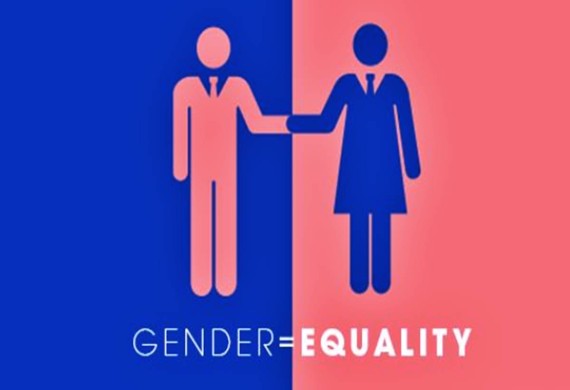
The Pandemic threatens to reverse Gender Parity advances in Higher Education, AISHE Research
By: WE Staff | Wednesday, 1 February 2023
The path to gender equality appears to have become more difficult as a result of the Covid-19 pandemic. According to reports, women have been disproportionately affected economically by the public health issue since during the crisis years, men had more job stability and were able to negotiate higher wages. The pandemic now appears to have reversed important progress gained in decreasing the gender gap in undergraduate programmes, according to the All India Survey of Higher Education (AISHE) for 2020–21. There are fewer women in classes where men already predominate, such as those teaching computer science, business administration, pharmacy, technology, and law.
Additionally, the reverses are notable in sectors of study like medicine and business where the gender gap had, for the most part, been closed. In the B.Com. programme, the gender ratio has decreased to 2016 levels.
Women's mobility has always been constrained by cultural perceptions of the types of occupations that are appropriate for them. However, the recent surge in aspirations has a consistent impact on the gender balance in the classrooms. For example, there were 90 female students enrolled in undergraduate commerce programmes in 2014 compared to 100 male students. 2019 saw the closure of this gap. The skew was rectified a year earlier in the B.Sc. and MBBS programmes. Contrary to advancements in school education, the Covid-related setback to gender equality in college and university classrooms.
The ASER research, which was published two weeks ago, demonstrates that despite the pandemic's demands, parents are still eager to enrol their daughters in school. The impact of the crisis on higher education is however revealing in a society where women's education still does not receive appropriate attention and the responsibility of caring for the family rests disproportionately on them.
Following the pandemic, the government reacted quickly to a number of welfare and equity-related problems. Under PMJDY and Pradhan Mantri, assistance is provided Within days of the lockdown, Garib Kalyan Rozgar Abhiyaan—under which ASHA employees were included—was launched. The SVANIDHI programme was established for street vendors, many of whom are female.
However, the gender imbalance in classrooms raises serious concerns for women's empowerment, which could have a negative impact on future generations' access to food, health, and education. The Center, state governments, and educational institutions must devise strategies to make it possible for women to return to colleges and universities. In the near future, this might entail expanding dorms and hostels as well as increasing funding for scholarships. Long-term, this should entail accelerating social development so that the goals of half the nation's people can be realised.






